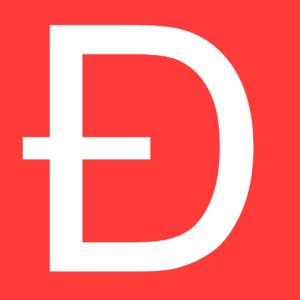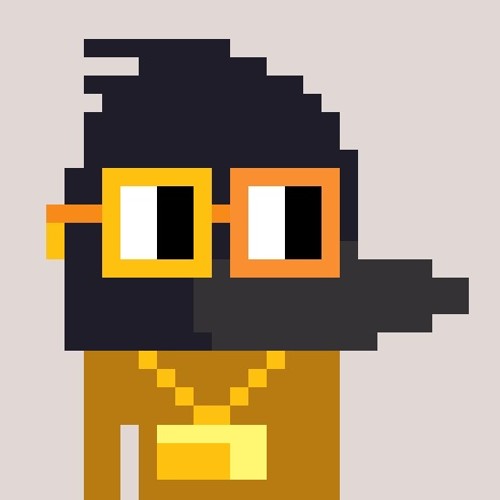#CryptoExplained: Everything You Need to Know About a DAO
Decentralized Autonomous Organization, or DAO, is based on smart contracts held on a distributed ledger system like Ethereum
Human beings are the only species that have had a chance to leave the planet to explore outer space. We’ve been able to do this because of our ability to form relationships, collaborate, and collectively overcome incredible challenges. And, so far, we’ve designed different ways to do this with larger and larger groups of people. The Decentralized Autonomous Organization aka DAO is the next phase in how we organize ourselves to achieve incredible things.
Anyone who has set up a company knows that it is nothing but a collection of legal contracts that stipulate how it will operate with respect to its owners, employees, customers, and society as a whole. Similarly, a DAO is based on smart contracts held on a distributed ledger system like Ethereum. The smart contracts stipulate how it will operate with respect to its owners, members, and the crypto ecosystem as a whole.

Recently, DAOs were recognised as legal entities by Wyoming, USA. This is a significant step because it created a link between the virtual world and the real world. So now DAOs are treated with the same limited liability in the real world as an LLC in the US. Limited liability means that the owners and shareholders of a company are protected from any negative outcomes as a result of the actions of the company. The actions of the DAO do not put the owners or stakeholders at risk just like the shareholders of a corporation are not liable for the actions of the corporation.
Unlike today’s corporations, DAOs are able to seamlessly operate across borders with very little overhead. Yes, traditional corporations like MNCs do operate in many countries, but for each country, they need to create a legal structure to manage interactions with the residents there. Anyone in any country can join a DAO, participate in its activities, and get paid by it for their contributions. However, the legal implications of the actions of a DAO in each country are still in flux and governments have yet to decide whether they will follow Wyoming or create their own laws for how DAOs can operate in their jurisdictions. This is an evolving space.
But DAOs have already started to change how modern organizations are created and funded. Take Nouns DAO for example (https://nouns.wtf/). It used a combination of NFTs and a DAO to build a treasury of over $50 million in just around a year. Developed by the anonymous cryptopunks, the DAO auctions 1 unique NFT every day with 90 percent of the proceeds going to the DAO. Each NFT also grants the owner governance rights in the DAO, which means that they can submit proposals, and vote on proposals submitted by other Nouns.
Maker DAO is an older and more traditional DAO model which is responsible for adjusting policy for the Dai Stable coin. A simple way to think of it is as the Reserve Bank of India. Dai is like the Rupee for the DAI ecosystem, and Maker DAO is the policy arm of the Reserve Bank of India. It adjusts policies to ensure that the DAI ecosystem system remains stable and growing; just like the RBI adjusts monetary policy to keep the Indian economy stable and growing. The difference is that anyone with DAI can vote on proposals, whereas RBI monetary policy is set by the Monetary Policy Committee which is made up of government and bank officials. Maker DAO’s goal is to be the world’s leading decentralized stable coin, and it is a big part of this.
Personally, I think DAOs are the best innovation to come out of the crypto space so far. They have the potential to radically change how we collaborate at a global level. And global collaboration is necessary to solve some of our most pressing challenges. Pandemics, climate change, and space travel, all require action across borders…..and DAOs could help make this much much easier.
Prashanth Irudayaraj runs the R&D group at cryptocurrency platform Zebpay, which is focused on applying distributed ledger technology to our most pressing challenges.








